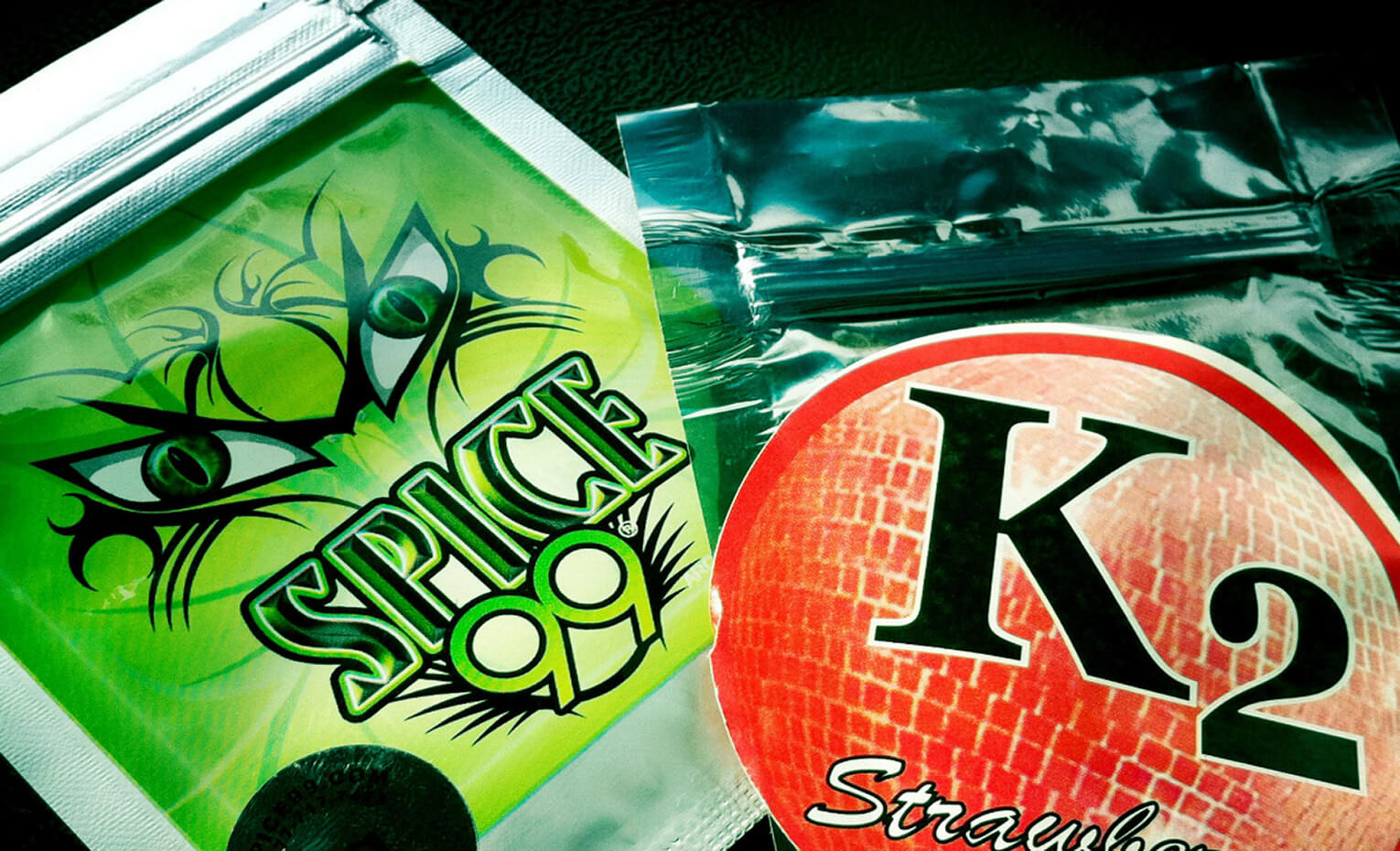Synthetic Drugs and the Impacts to the Workplace
Synthetic drugs, also referred to as designer drugs or club drugs, mimic the effects of illicit drugs such as marijuana, cocaine, LSD, opium, and ecstasy. They are often marketed as "legal highs" and are available over-the-counter at smoke shops and many neighborhood convenience stores.
Government authorities in many countries have banned certain chemicals used to manufacture these products and many of them have been added to the lists of controlled substances. Despite new laws banning the chemical compounds of these drugs, manufacturers of synthetic drugs stay one step ahead by modifying the chemical structure of the compounds in an effort to make the drugs legal again.
Many people, including employers, are not aware of these products. Others have the misperception that they are harmless because they are sold in stores. Easy accessibility of these products and their clear marketing to kids by using cartoon themed packaging makes them even more dangerous.
Workplace Impacts
Employers should know that synthetic drugs are dangerous intoxicants, the effects of which can seriously impact workplace safety and the employees’ health, safety, and job performance.
Synthetic substances are not detected in standard workplace drug testing panels. In most cases, the employee will show dramatic behavioral abnormalities such as those listed below. Employers should be aware that ingestion of synthetics can cause an urgent medical condition and emergency assistance may be needed.
Effects
While the long-term effects of these drugs are in the long process of being investigated, what we know is frightening. In addition to being extremely dangerous and addictive, these drugs can have a detrimental and possibly irreversible effect on the brain.
Health effects from the synthetic drugs can be life-threatening and can include:
* Severe agitation and anxiety
* Fast, racing heartbeat and high blood pressure
* Nausea and vomiting
* Muscle spasms, seizures, and tremors
* Intense hallucinations and psychotic episodes
* Harmful or suicidal thoughts or actions
* Death
NOTE: If a friend or loved one appears to have any of these symptoms, call for emergency medical help immediately.
Next Steps
When faced with an on-the-job situation where there is clearly unusual, adverse behavior displayed, employers should quickly assess the employee for his or her fitness for duty and call for emergency assistance if needed. The circumstances must be completely documented (e.g. accident, medical emergency) and any observable signs or symptoms of substance use noted.
It is important for the employer to consistently follow the company’s drug-free workplace policy and procedures following an accident or a reasonable suspicion that the employee had used drugs and/or alcohol. If drug testing is included in the company program, employers should ensure this is accomplished promptly.
In the event that the drug and alcohol test results are reported as negative, the employer should still take action regarding the adverse behavior. There are many intoxicants, such as synthetic drugs, that are not typically included on standard drug testing panels. Regardless, the adverse behavior that was exhibited by the employee was likely contrary to workplace standards of conduct. The types of action that the employer could take and disciplinary steps should be a predetermined and may include: verbal or written warnings; job performance improvement agreements; counseling; referral to an employment assistance program, peer assistance programs, or substance use treatment; applicable disciplinary measures; or even employment dismissal.
Have synthetic drugs affected your workplace? If so how was it handled?
